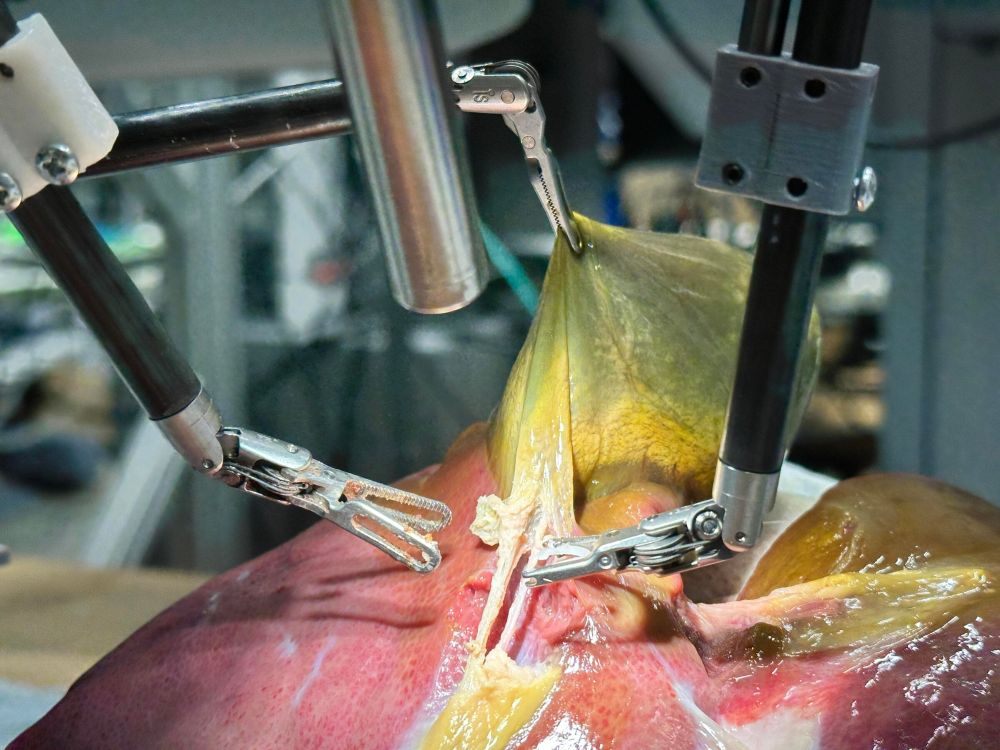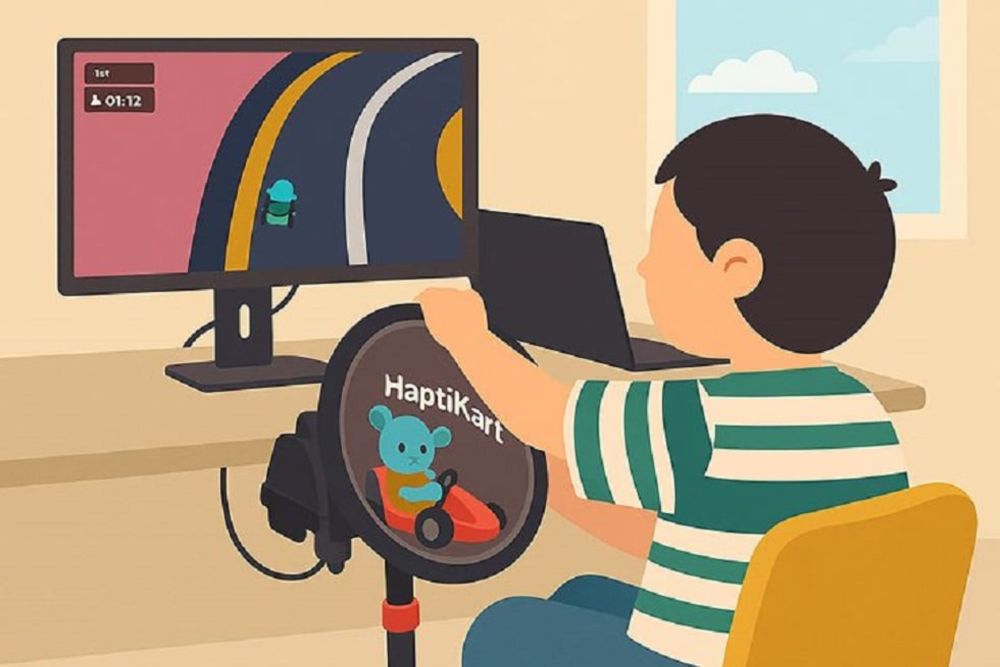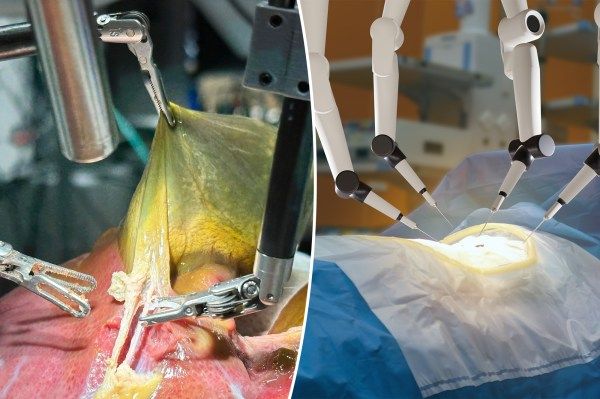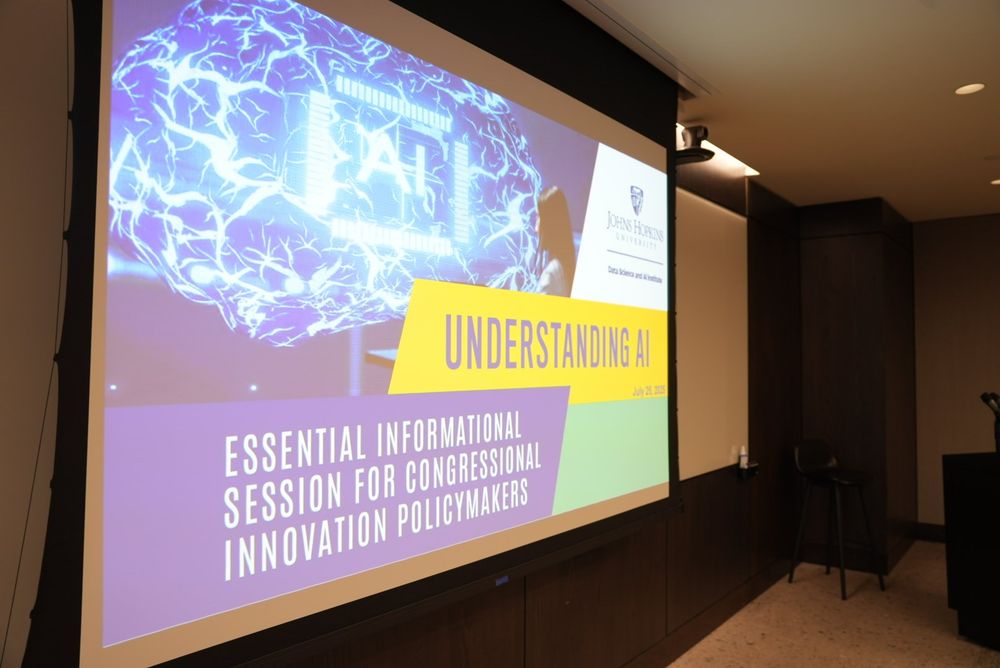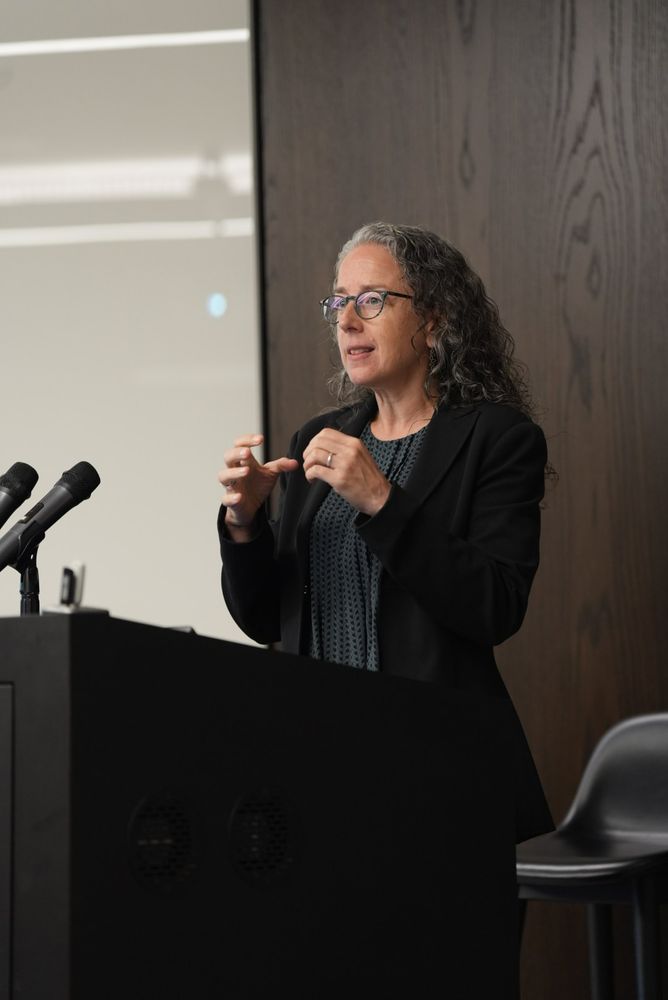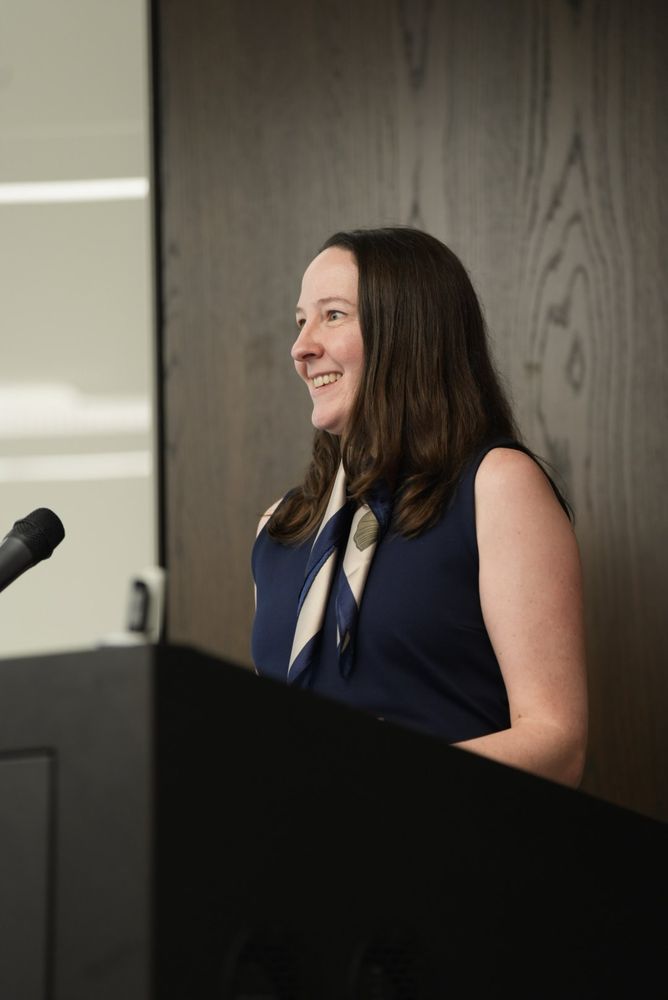JHU Malone Center for Engineering in Healthcare
@jhumceh.bsky.social
76 followers
39 following
59 posts
Our mission is to catalyze and accelerate the development of research-based innovations that advance the effectiveness and efficiency of healthcare. malonecenter.jhu.edu • Baltimore, Md • #JHUMCEH
Posts
Media
Videos
Starter Packs
Reposted by JHU Malone Center for Engineering in Healthcare
Reposted by JHU Malone Center for Engineering in Healthcare
Reposted by JHU Malone Center for Engineering in Healthcare
Reposted by JHU Malone Center for Engineering in Healthcare
Reposted by JHU Malone Center for Engineering in Healthcare
Reposted by JHU Malone Center for Engineering in Healthcare
Reposted by JHU Malone Center for Engineering in Healthcare
Reposted by JHU Malone Center for Engineering in Healthcare












